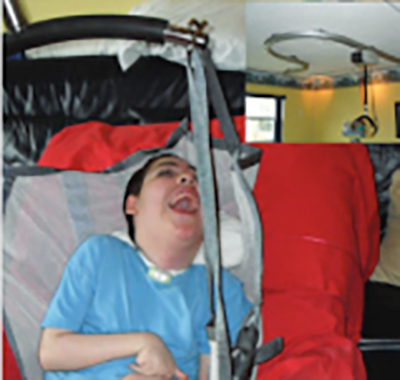Sadowski Funds Pave the Way for Independent Living
According to Florida Statutes, people with special needs include:
- Adults with disabilities who need support services to live independently
- Youth aging out of foster care who are eligible for the state’s Road-to-Independence Program
- Survivors of domestic violence
- Persons who receive Social Security Disability Insurance (SSDI), Supplemental Security Income (SSI), or veterans’ disability benefits
Sadowski funds are used in every community to help these individuals find affordable housing, or modify existing housing to make it handicapped-accessible. Affordable housing can make the difference between living in the community and living in an institution, or ending up homeless.
key facts
Lack of affordable housing can prevent domestic violence (DV) victims from fleeing their abusers. Affordable housing ranks second only to safety among the needs that DV survivors express when they enter crisis shelters (Florida Coalition Against Domestic Violence 2014).
For low-income households that have members with one or more disabilities, over 577,000 are cost burdened. For household heads who have disabilities, the availability of affordable housing in the community can make the difference between living independently and moving into a more restrictive setting, such as a nursing home.
About 1,000 young adults age out of Florida’s foster care system each year. In a 2014 survey conducted by the Department of Children and Families, 31% of youth (age 18 to 22) who had aged out of foster care said they had been homeless at some point.
Lift Installation Assistance Keeps Son in Home
SHIP Provides Transitional Housing for Youth Aging Out of Foster Care
Two nonprofits in Marion County, Arnette House and Silver River Mentoring and Instruction, Inc. (SRMI), used SHIP funds to purchase and rehabilitate a building to provide transitional housing for youth aging out of foster care. The low rents allow the young tenants to balance school and part-time work.
Access a formatted pdf version here


